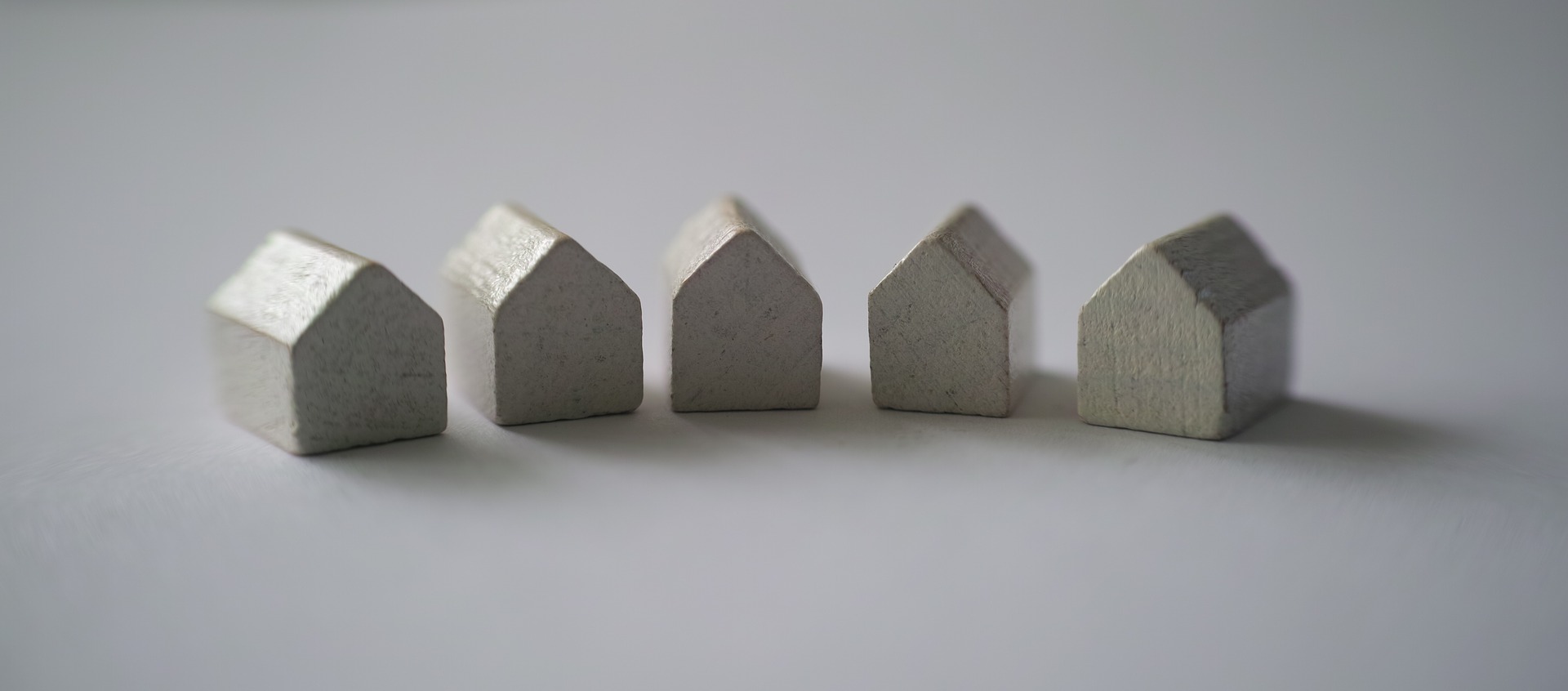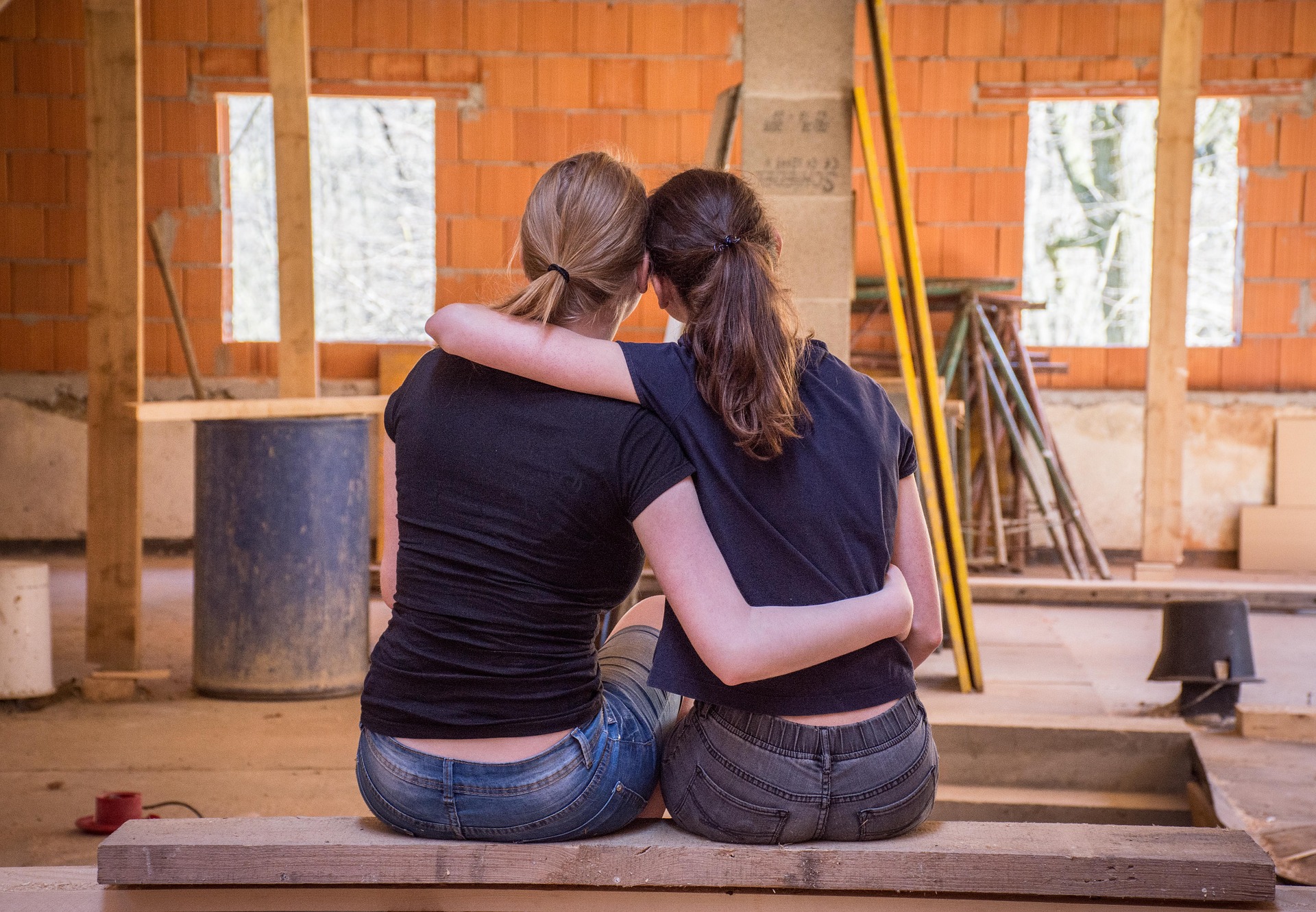Ready to buy a home, but not sure if this is really the home of your dreams? That’s okay! Until just a few years ago, purchasing a small home that you intend to leave in a few years was a standard part of adulthood in most of the United States. Today, the market and the situation is different than it was toward the middle of the 20th century. Choosing a home, whether it’s your starter home, or a home in which you’ll retire, can take some time, but choosing a home that fits your needs is always the most important priority while you’re shopping around for a place to start your next chapter.
By definition, a starter home is simply the first home that you’re able to comfortably purchase with all of your combined financial resources. While some people prefer to pay cash, cutting closing time, most people will take out a mortgage to cover the cost of their new starter home. Starter homes, sometimes called, ‘entry homes,’ or ‘entry-level homes,’ are usually the cheapest home you’ll buy in your life. The idea behind starter homes is that you’ll take the time to enjoy your home, learning to care for and be responsible for the home, and building equity. That way, when you’re ready to sell your starter home to another loving party, you’ll be able to use some of the profit and your savings to buy a new home.
The First Starter Homes

Homeownership used to be an elusive endeavor: only the very rich, or the people who knew how to build, would be able to have a home to call their own. With the end of World War II, though, that changed. As service people returned home, they were eager to settle down and start families. The demand for new homes skyrocketed. Veterans of the war and people who went back to work to produce goods and provide services for the war were among the biggest groups of people seeking to purchase new homes. As the country pulled itself out of the last major economic depression, the residential real estate industry took off, too. Imagine the American Dream of having a nice, one-level home with a little white picket fence. The source of this cultural, bordering on mythological, set up is this time period of rapid economic growth, fueled by the work and spending of those returning home from war overseas.
The needs of service people were soon met by a variety of local real estate developers that created communities on a grid, including shopping and dining establishments, for this new crop of prospective homeowners. These homes were reasonably-priced, and even a person working on an assembly line could call themselves a homeowner if they utilized their resources properly. At that time, there was a cultural goal and a cultural standard that everyone should aspire to homeownership as a means of building a nest egg for retirement. While this standard of homeownership hasn’t changed, the effectiveness of this cultural push has been weathered by the lack of affordable housing in the very cities in which the best-paying opportunities lie. In cities like Los Angeles, New York, San Francisco, and Seattle, it is relatively unusual to meet young homebuyers. This, of course, is a long-term consequence of the 2007-2008 Financial Crisis, when foreclosures ran high, and home-buying rates dropped.
Starter Homes Today
It’s safe to say that your starter home will be the smallest and cheapest home that you will buy. Considering the difficulty of finding affordable housing in larger cities, it’s best to avoid looking to purchase your first home in Los Angeles or New York, unless you’re local, and making an above-average salary. Surrounding areas of major cities used to be solid havens for affordable housing, but after the real estate market recovered within the last decade, affordable housing has become steadily more scarce, even in major metropolitan areas.
For young people looking to get their financial future rolling, there are more options in smaller cities, but there is a way to make your dream of homeownership come true. The answer could be investing in a foreclosed property. In any city, there are several great deals on foreclosed properties. Some of them may need some love: renovations and plumbing repairs are common services for foreclosed properties, and there are plenty of contractors looking for a great new project. If you’re adventurous, maybe it will be you that makes your new home your own home. Choosing a foreclosed home could mean quite a bit of work on your property, and you’ll want to be sure that the property has been inspected for structural soundness.
Yet another option that you may have for a cheap home is at an auction. The only downside to buying a home at an auction is that you will have to buy it outright with cash, and you won’t have a chance to view the property before you buy it. You’ll have to take the agency’s word that you are receiving this many beds and baths, and this much space. Even then, if you’ve purchased a cheap home, you’ll have some leftover funds to start on the home improvements that will make you and your loved ones comfortable.
What’s in a Starter Home?
What you really want in a starter home depends on your needs, and of course, on your budget. Its unusual for anyone’s first home to have more than two bedrooms, and one to two bathrooms. If you’re living in a larger city, and have a very small home, you might not be able to have a yard, which can be a concern for young parents, or young pet parents. If you can start with a smaller home in a smaller city, you might be able to afford more than you can in a larger city, of course, but if your heart is in one of these larger cities, don’t give up. Whatever you do, make sure that you consider hiring a local, experienced real estate agent. Not only can a local real estate agent help you track down an affordable new home, they can present you with options that you may not have considered. It’s equally important that you spend your own time researching through local listings and driving around your target area. Your new home could be just around the corner.
Get Your No Obligation Offer in 24 Hours or Less!
Give us a call at (702) 213-9800 or fill out our form to get started.
